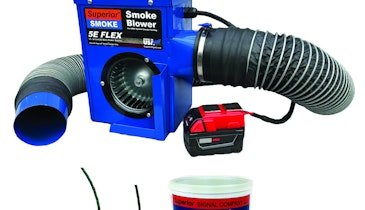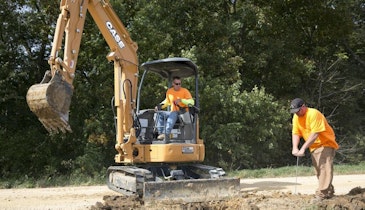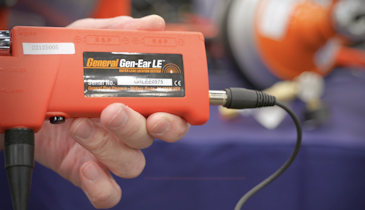The Nebraska legislature approved an interim study resolution to examine the Onsite Wastewater Treatment System Contractors Certification and System Registration Act, and the general adoption and enforcement of installation standards.
The study, which will make no recommendations, is based on concerns that the Department of Environmental Quality has failed to increase its management of installations, service, and repair, and to educate the public on the risks associated with hiring contractors who underbid others by not complying with installation standards.
Since most field work is done by the Department of Health and Human Services under a memorandum with the DEQ, the study is considering a greater reliance on HHS field staffing, and the new and expanding local and regional health organizations across the state. The Nebraska On-site Waste Water Association is requesting that those with field experience or program service issues provide information for the study or attend the public hearing. Comments should be directed to Lee Orton, NOWWA executive director, by calling 407/476-0162 or e-mailing lee@h2oboy.net.
On June 21, the Department of Environmental Quality increased system registration fees to $140 with a $25 late fee. The legislature passed a bill allowing a separate fee structure for subdivision reviews, an inspector clause for testing and certifying governmental inspectors, and allowing smaller community and county inspectors to start or continue inspecting onsite systems.
Wisconsin
The Wisconsin Department of Commerce is proposing raising fees for onsite plan and product reviews, last updated in 1992. Plan reviews would increase by 50 percent. Sanitary permits would increase from $116 to $141, or 22 percent. Onsite product approval fees would increase by 25 percent. The fee for filing a notice to disturb soil would increase from $25 to $200.
License application fees would increase from $10 to $15, and examination fees from $20 to $25. The license, application, and certification fees for soil testers would increase from $25 to $35, $50 to $75, and $240 to $300. The registration fee for maintenance providers would increase from $60 to $90. According to the department, the proposed rate hikes would result in 18 percent more revenue, sufficient for four years.
Proposed changes to the plumbing code include allowing the recycling of wastewater discharged from toilets and urinals, expanding grease and oil treatment requirements for restaurants, and expanding the requirement for demand regeneration controls for water treatment devices to those that discharge to municipal sewers.
California
The Water Environment Federation filed a friend of the court brief in the Kern County biosolids litigation supporting three Southern California public agencies that are asking the appeals court to maintain a district court judge’s ruling that allows their land application programs to continue. The brief documents the scientific, technical and regulatory foundation for the safety of land application. The appellate decision, the first ever on whether bans on biosolids are legal under the federal Consti-tution, could affect such programs in every state.
Oregon
The state Building Codes Division is proposing new rules to the Oregon State Plumbing Board that would allow homeowners to install systems to reuse graywater. Current codes allow homeowners to collect and reuse rainwater for inside uses such as flushing toilets. The new rules would help ease concerns about using treated drinking water to flush toilets. However, standard reuse systems contain their own filtering and treatment systems. If the proposal succeeds in the legislature, Oregon would join Arizona and New Mexico in adopting standards for reuse of graywater.
Florida
Three proposed bills would continue to research cost-effective methods to reduce nitrogen levels in the state’s springs, direct the Department of Health to evaluate onsite nitrogen reduction systems and alternative nitrogen reduction media in drainfields, require onsite systems installed before 1983 to be pumped and inspected every five years, and create a grant program of up to $10,000 per person in the Wekiva Basin to aid with new requirements that may be imposed on homeowners.





